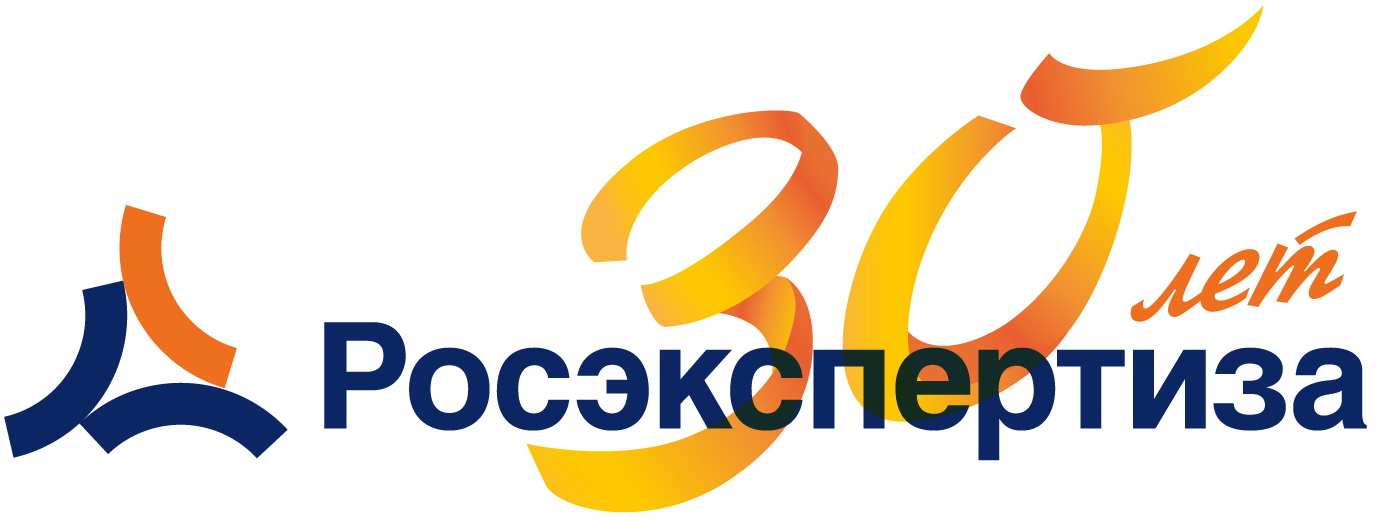Internal control is the critical part of the modern control system enabling to achieve goals with the minimal costs.
Crowe Expertiza offers a range of services to analyze the performance of the internal control system in the financial and economic sector with provision of recommendations and preparation of bylaws.
Analysis of the internal control system involves:
-
review of the current business processes;
-
examination of the internal control system organization;
-
control testing;
-
preparation of recommendations to improve the internal control system.
Review of the current business processes involves collecting and analyzing information about key business processes to identify and assess business risks.
To identify risks in respect of the activity under examination, the business structure is broken down.
Breakdown involves the following steps:
-
the basic business areas (cycles) are identified, e.g. purchase, sale, investing;
-
in each business cycle, business processes are singled out according to the principle of the "core products" produced (business products) or "indirect products" (consumer products);
-
each business process consists of the functions carried out by the persons or units in charge; they are reviewed by interviewing the persons designated by the Customer.
Examination of the internal control system organization involves collection and categorization of information about the existing internal control system, in particular:
-
review of the current control regulations and procedures, valuation (polling) and self-assessment of the existing control environment at various management levels and in different functional areas;
-
determination of objects under control, their breakdown to the required level of detail;
-
determination of control subjects, their grouping, determination of the place in business processes;
-
determination of the set of features and parameters sufficient to examine the object under control;
-
creation of a matrix broken down by the object under control and subject matter of control;
-
selection of the examination areas (subject matters of control) critical for the object under control to locate the resources available;
-
determination of the control parameters, regulations, types, frequency for each object in the pre-determined priority areas.
Instruments of control are tested to:
-
assess the efficiency of the internal control design (learning the practice of internal control which proves existence of the internal control, confirms completeness and correctness of the internal control description, efficiency as well as the coverage of risks with the internal control);
-
assess the operating efficiency of the internal control (i.e. inspections to determine that the internal control is carried out in compliance with the design approved continuously (without gaps) during the complete reporting period).
Assessment of the design efficiency and of the operating efficiency of the internal control involves use of the following methods:
-
polling the Customer's personnel (as approved by the Customer). Polling is carried out to assess the personnel's knowledge and qualification as well as to obtain information about the actual procedure of closing transactions and operations and of performance of the internal control. Polling can be conducted among the personnel directly involved in closing transactions and performing operations and internal control as well as among the personnel which role enables to have information about the internal control efficiency;
-
monitoring of closing transactions and performing operations and internal control. This method enables to confirm the fact of performing internal control;
-
verification of the evidence of the internal control and its results. This method is used when internal control and information about the errors discovered with the measures to eliminate them are documented;
-
performance of the internal control procedure anew. This method is used when all other methods do not provide sufficient evidence of the internal control efficiency; its documentation is missing as well as if internal control is automatic.
Following the results of the analysis undertaken, the Customer is provided the complete report with description of the drawbacks discovered and provision of recommendations for their elimination.
Depending on the scale and tasks of the business, we also offer our customers services to formalize the internal control system by preparing bylaws, in particular:
-
internal control regulations;
-
a corporate code of conduct;
-
regulations of individual business units, including those in charge of the internal control system operation;
-
job descriptions of individual employees, including those in charge of the internal control system operation;
-
other documents as approved by the Customer.
